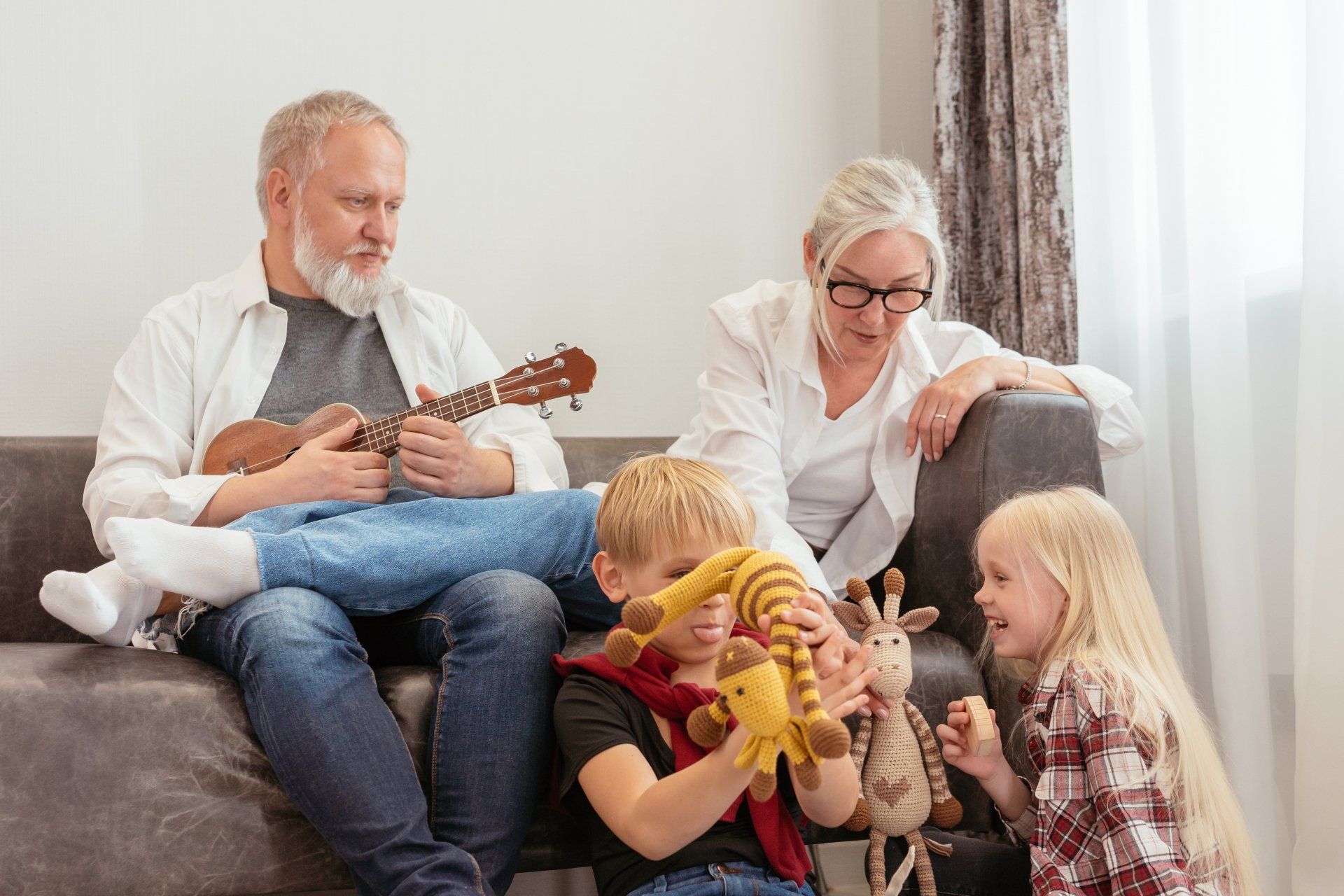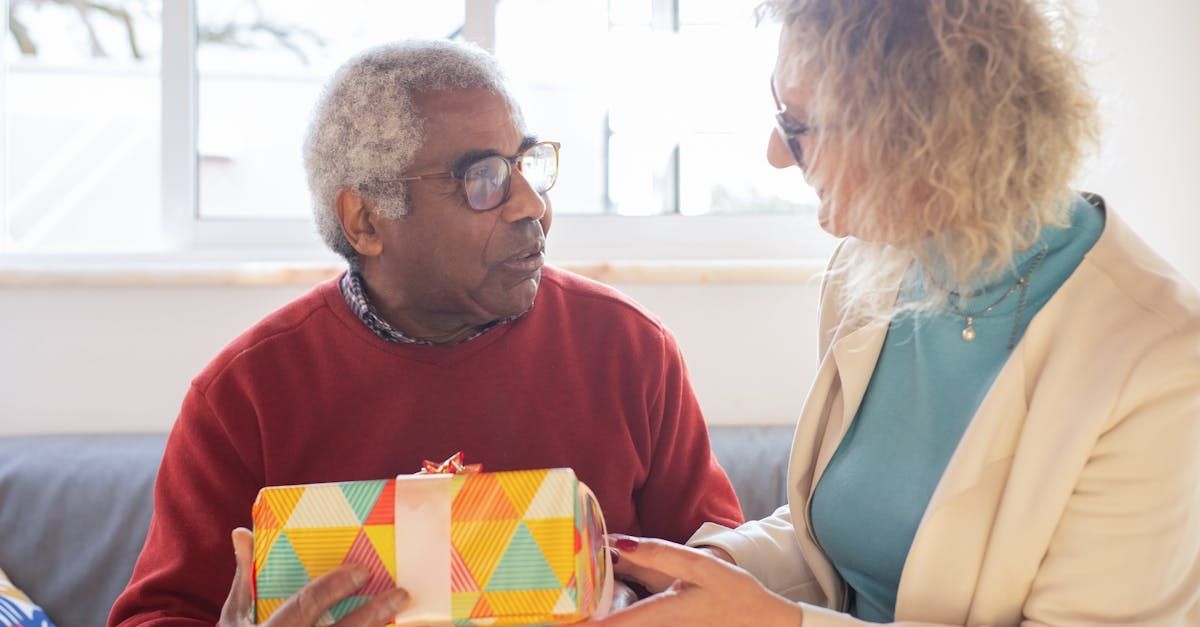Your Visit to City Hearing Aid Centre
Peterborough hearing tests and consultations so you’ll understand your hearing.
Your First Visit to
City Hearing Centre Peterborough
Our goal at the city Hearing Centre is to help you understand your hearing and guide you to the next step towards better life-long hearing. After you understand your hearing, we’ll provide a customized treatment plan and match you with hearing aids that will work best for you.
Your first visit to our hearing clinic in Peterborough will provide us with the information to make the best recommendations so you’ll be excited to take the next step towards your hearing health.

Schedule a Complimentary Appointment
Call or email to set up your first appointment. We’ll take the time to assess your hearing and explain the results so you understand your hearing and the options available.

Bring a Family Member or Friend
Feel free to bring a close family member or friend! It’s important to us that your community is supportive to your hearing needs.

We’ll Discuss Your Hearing History
To understand your hearing health, we’ll chat about your experiences. This includes discussing the situations and environments where hearing is easy or challenging.

Comprehensive Hearing Tests
We will use the latest in diagnostic technology to evaluate your hearing. These tests involve listening to sounds and tones to identify how your hearing compares to average ears.

Recommendations Just for You
If necessary, we’ll discuss the solutions available to improve your hearing in the places where it would be helpful. If hearing aids are a solution, we’ll match you with the type that will make the biggest difference while integrating in your lifestyle.

Learn About Your Hearing
In every appointment at City Hearing, we want you to learn more about your hearing and about the technology you’re using. Here are some more resources to help you prepare for your next visit.
Follow-Up Appointments
We want your hearing aids to work the best they can – from the first day to years after. Our hearing specialists will schedule regular follow-up appointments after the first fitting so we can routinely maintain and adjust the hearing aids. As your life changes, we’ll adjust your hearing aids so they’ll work the best in the situations and environments you are in most often.
Our follow-up appointments, adjustments and maintenance for the life of the hearing aids are all included when you purchase your hearing technology at City Hearing.
Your Hearing Aids And You

Realistic Expectations During the Trial Period
Follow the instructions you are given during the initial stages of adjustment. These are designed to help in formulating realistic expectations of what to expect from your hearing aids.
Be patient with yourself. Many people experience peaks and valleys during this trial period.
Make sure you’re comfortable with the advice you’ve been given. Ask questions. Remember, your provider is your advocate. Satisfied hearing aid wearers are not shy when it comes to telling others about their success, but unfortunately, neither are the ones who are dissatisfied. No two people are alike, and it’s not a good idea to assume that if someone has had a bad experience, that all hearing aids are bad. You could very well be one of the overwhelming majority who have a good experience!
There are many reasons why someone may not have been successful, so don’t project these conditions and situations onto yourself. Also, do not expect someone else’s hearing aids to work for you. Would you wear someone else’s eyeglasses and decide whether you can be helped by glasses based on this experience?
Be realistic. Hearing aids will not permit you to hear the flapping of hummingbirds’ wings near a jet engine. Remember that it takes time to get used to hearing aids, especially if you’re a new wearer. Keep in mind that background noise is almost always part of your environment and adjustment to it is required. In time, you will tune out many of these everyday sounds.
It’s important not to become disappointed or frustrated while your brain begins to adjust to a whole new world of sound. If you’re an experienced wearer trying new aids, understand that they might not sound like your old ones. Before you reject them, allow neural hook-ups in the auditory system to adapt to these new sounds. You might find that you like this new sound better than the old one.
Hearing aids are designed to aid the person’s hearing that they still have intact. It is crucial to have realistic expectations as to what hearing aids can and cannot accomplish. Hearing aids cannot restore hearing nor can they cure your hearing problem. They can, however, help you get the most out of what you have remaining and are extremely successful at restoring a person’s communication ability.
Adjusting To Hearing Aids

Adjusting To Hearing Aids
When you first start to wear your hearing aids, all sounds may seem to jump out at you. This is because over the years that your loss was developing, you learned to adjust to not hearing well. It will take time and practice to learn to listen again and to learn to sort out the important words and sounds.
Learning to listen again does not happen immediately for most people. That is why it is important to start out wearing your hearing aids for a little bit each day and gradually increase the time until you are wearing them all day. If you are able to wear them all day immediately, congratulations! If not, you will be able to eventually. Be patient with yourself and progress at your own pace.
The First Week
Wear your hearing aids at home for the first week, even if you are alone most of the time.
Wear the hearing aids each day for as long as you feel comfortable. Put them in in the morning when getting dressed and ready for the day. It is important to get used to the feel of them in your ears. You should feel them when they are inserted in your ears. Take them out if you get tired or irritated. Wait an hour or so before trying them again. Try to wear them for longer and longer periods – 3 – 4 times a day. Do not continue to wear if you are having any discomfort or pain. (If you are experiencing difficulty, contact us to let us know)
Listen to the sounds in your home carefully and become accustomed to them. Rustle newspapers and listen to their crackle. Notice how dishes and cutlery clang. You may notice the phone and doorbell sound loud. Listen to the hum of your fridge, air conditioner or furnace. Does the water faucet or toilet flushing sound like Niagara Falls? Just listen to everyday sounds around you. Can you identify them?
Read out loud to yourself and listen to the sound of your voice. It may sound louder and a different tone – but only to you. You will sound the same to other as you always have. This also helps to retrain your listening system to hear and understands letters and listening system by hearing letters being called out. Every little bit helps.
Talk with only one person at a time, if possible, in a quiet room. This easy listening situation will allow you to become accustomed to the sound of amplified speech without distractions. Each conversation can be a practice session. Try to determine if your preset volume is suitable for most situations or if you feel you need it turned up or down (discuss this at your one week checkup).
The Second Week
Continue practicing week one tasks, but for longer periods of time.
Wear the hearing aids for as many hours as you can. Ideally you should be able to wear them all day without being very aware of them.
Start wearing your hearing aids outside of your home and listen to the sounds around you. Try to identify traffic noise, birds singing, or conversations.
Talk with and practice listening to more than one person at a time. Do this step each day if possible. It takes practice to be able to distinguish one voice from another. Remember to cue into the conversation and watch people when they are talking.
Talk with one or more people in a slightly noisy situation. For example, turn on the radio or TV so you can hear it, but not too loudly. Normally you don’t want to deliberately interfere with normal communication, but this is to help you practice listening in background noise. Continue with this through the weeks to come until you feel more confident.
Begin wearing your hearing aids in public places. This should be continued until you have experienced wearing your aid(s) in most situations. Start by wearing them to church, for example. Gradually expose yourself to noisier situations like the grocery store or the mall, and finally to restaurants and large social gatherings.
Types Of Hearing Loss

Types of Hearing Loss
Conductive Hearing Loss: Conductive hearing loss is caused by problems in the outer and middle ear which can prevent sound from getting through to the middle ear. Common causes can be a build-up of wax in the ear canal, a perforated ear drum, fluid in the middle ear or defective middle ear bones.
Sensorineural Hearing Loss: Sensorineural hearing loss happens when the nerve fibres in the inner ear get damaged. This prevents them from transmitting sound properly. Common causes can be excessive exposure to noise or the natural process of ageing.
Age-related hearing loss
As we get older we can lose our ability to hear softer, high-pitched sounds which include some of the building blocks of speech.
Noise-induced hearing loss
This is often caused by over exposure to excessive noise. Those exposed to loud noise can be military personnel, police officers, construction workers, factory workers, dentists and farmers or anyone exposed to loud equipment. Rock Concerts and MP3 players such as ipods can damage an individual’s hearing as well.
How we hear speech:
Sounds can be described as loud or soft, high-pitched (high-frequency) or low-pitched (low-frequency). Birds singing is a high- pitched sound and traffic in the street is a low-pitched sound. What makes speech so difficult with hearing loss is that it involves many different sounds in a rapid flow. The softer high-pitched consonants such as “f,” “s” or “k” can be drowned out by the louder low-pitched vowels, such as “a” “e” and “o”. So if someone says “statue” and all you can hear is “s_a_ue” you will have to try to guess the rest while the conversation is continuing to progress. Sounds such as birds singing, footsteps and leaves rustling in the wind are some of the first to fade away unnoticed. If you miss these everyday sounds, you may also be missing key speech sounds which will make words sound muffled and blurred.
Hearing Loss does not only affect the hearing impaired but also those with whom they interact. Whether through meaningful conversation or playful teasing, the exchange of ideas becomes slower and more tedious. Hearing loss can happen so slowly that the person affected is often the last to know. Friends, family and coworkers are likely to spot the problem first. The problem becomes not the hearing loss itself but that the individual does not recognize it and do something about it.
For Your Information

Use Your Hearing Aids All Day Long
The best way to ensure better hearing is to practice listening until you can wear your hearing instruments comfortably all day. In most cases, infrequent use of your hearing instruments will not give you the full benefits.
Your hearing instruments will not restore normal hearing, nor will they prevent or improve a hearing impairment resulting from a physiological condition. What they will give you, however, is help towards making better use of the hearing ability that you have. If you have two hearing instruments, it is important to always wear both.
Benefits of Wearing Two Hearing Instruments:
- Your ability to localize sounds will improve.
- It will be easier to understand speech in noisy surroundings.
- You will experience a fuller, more comfortable sound picture.
Remember to Always:
- Clean your hearing aid(s) daily.
- Open the battery door when not wearing your aids.
- Always store them in their box or somewhere safe when not wearing them. Never leave your hearing aids where dogs or cats can get at them.
Tips
Tips to Help Extend Hearing Aid Battery Life:
- Always open the battery door when you are not wearing your hearing aid, so that the circuitry will not be in full contact with the battery. Also, more air may circulate in and around the battery, removing moisture and extending the battery life.
- Batteries will still drain slowly on their own if the hearing aid is not being used. Replacing the tab will not stop battery drain.
- Store batteries at room temperature. Exposure to heat, cold or moisture can shorten battery life.
Hearing Aid Battery FAQ
Q. How do I dispose of my hearing aid batteries?
A. Zinc air batteries should be disposed of in your normal trash and not accumulated. Accumulating batteries can lead to a risk of fire.
Q. Should I open the battery door on my hearing aid when it is not in use?
A. Yes – it is a good idea to open the battery door on your hearing aid when your hearing aid is not in use. This stops excessive drain on the battery and may allow air in to remove any moisture build up.
Q. How should I store my batteries for best hearing aid battery life?
A. To get maximum hearing aid battery life, keep batteries at room temperature. Heat can shorten battery life and a damp location like the fridge is not recommended. Also, never carry loose batteries in your pocket or purse. Contact with metal items like keys or coins can short circuit the battery. Never store your batteries with your medication, as you might accidentally ingest one. Always store batteries out of reach of children and pets. If a battery is swallowed, seek medical attention.
Q. The battery does not seem to work right away – is something wrong?
A. Zinc air batteries take about a minute to power up. That’s because it takes time for the outside air to penetrate the battery’s tiny air holes and mix with the battery’s zinc chemistry to power your hearing aid.
Q. Why does my hearing aid battery have a tab on it?
A. Zinc air hearing aid batteries use outside air as a source of power. The tab seals the zinc in the battery from exposure to air ensuring freshness when purchased. After you remove the tab, the battery takes about a minute to fully charge and to be ready for use. Do not remove the tab until you are ready to use the battery. Once the tab is pulled and the zinc is exposed to air, replacing the tab will not extend the battery life.
Q. How do I get the best performance from my hearing aid batteries?
A. To get the best performance, keep moisture from clogging the air hole by opening the battery door at night or any time you are not wearing you hearing aid.
Q. How long is the expected life of my hearing aid battery?
A. Hearing aid battery life is determined by the length of use during the day, amplification and type of hearing aid. Consult your hearing care professional to determine the length of hearing aid battery life.
Q. Why does my hearing aid use so many more batteries than my watch?
A. It is not possible for a hearing aid battery to last as long as a watch battery because hearing aid circuits are much more sophisticated and draw much more power than a watch. Hearing aids and their electronic components use a tremendous amount of power – about 50 to 100 times the power used by a watch. The new technology hearing aids even run a computer program on the power provided by a tiny battery. While it is possible to design a battery that would last two to three months, most people are unwilling to give up the small size of today’s hearing aids in exchange for that longer life.
Q. How to Maximize Battery Life
A. First it is helpful for you to understand a little about how hearing aid batteries work. They are called zinc air batteries because they are activated by air. Underneath the tab are tiny holes. When you pull the tab off, air enters the battery and interacts with the ingredients, producing electricity.
Your environment and battery handling can affect battery life. Battery performance will be impeded if anything gets into those holes and clogs them. Dirt, or even skin oils, can clog these minuscule holes, so it is best to minimize battery handling before inserting it into the hearing aid.
Loud and busy environments can shorten battery life. For example, a person in a Las Vegas casino may notice their battery doesn’t last as long as it does at home. That is because processing the casino’s many loud sounds all at once requires a lot of battery “juice.” This same principle applies to a concert or even a lively family get-together.
